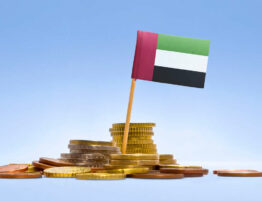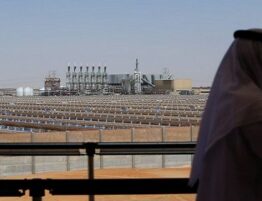
In 2016 the presence of Italian financial institutions in the UAE has significantly increased. Intesa SanPaolo has recently established an operating subsidiary in Abu Dhabi, while UBI Banca and SACE have opened their rep offices at the Dubai International Financial District (DIFC). Unicredit too intends to open a branch in the capital city within 2017.
According to recent estimates, 22 local banks and 26 foreign banks operate in the United Arab Emirates. Main UAE banks include: Abu Dhabi Commercial Bank, Ajman Bank, Al Hilal Bank, Arab African International Bank, Arab Bank PLC, Bank of Sharjah PSC, Commercial Bank International, Dubai Islamic Bank PJSC, Emirates Islamic Bank, Emirates NBD Bank, First Gulf Bank and Mashreq Bank.
Opening a current account – be it individual or corporate – is not a particularly complex procedure, as long as the applicant has a residential visa, a condition which is essential for whoever wishes to operate in the UAE. The local law recognizes different categories authorized to carry out banking activities, among which commercial banks, investment banks and financial and monetary institutions. Long-term loans are usually granted selectively, namely banks differentiate clients mainly based on nationality. Clients without a UAE passport usually undergo more stringent criteria to access credit, mainly determined by their monthly salary. Lastly, the Islamic financial sector is also rapidly increasing and the industrial initiatives funded through the issuance of long term “Sukuk” Islamic bonds are more and more frequent.
(Bologna Office – Linda Tontodonati – 0039 (0)51 2750020)








